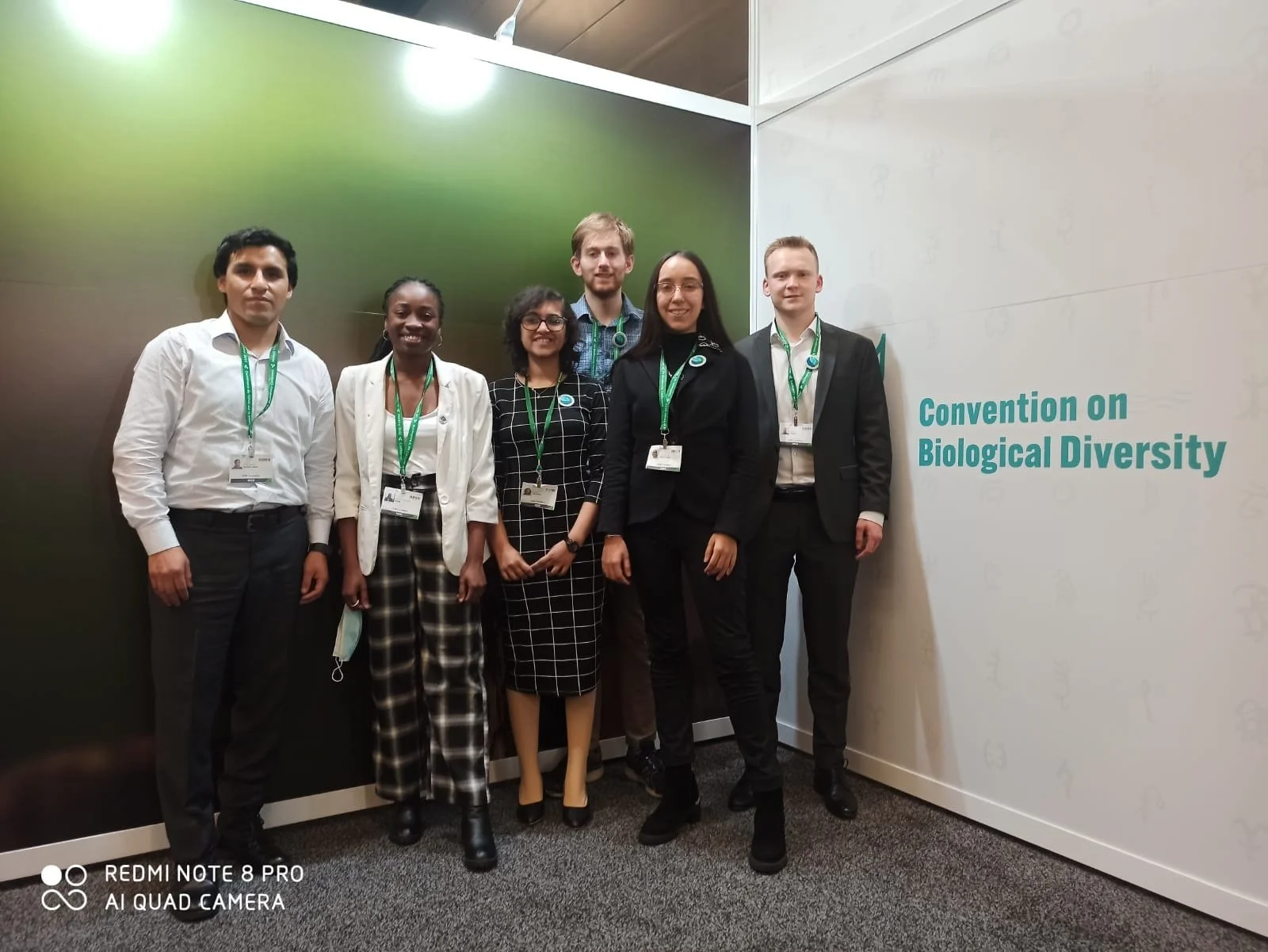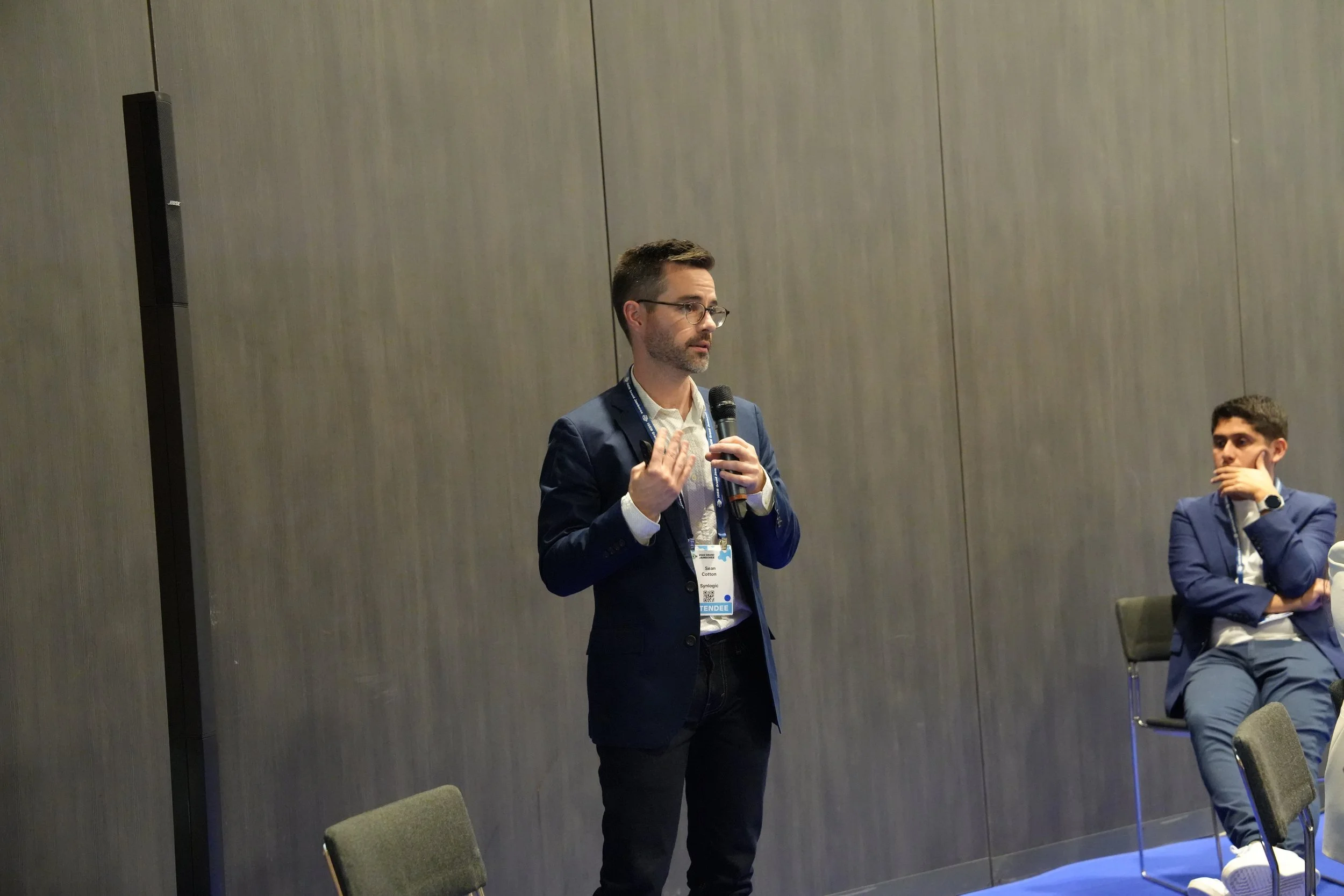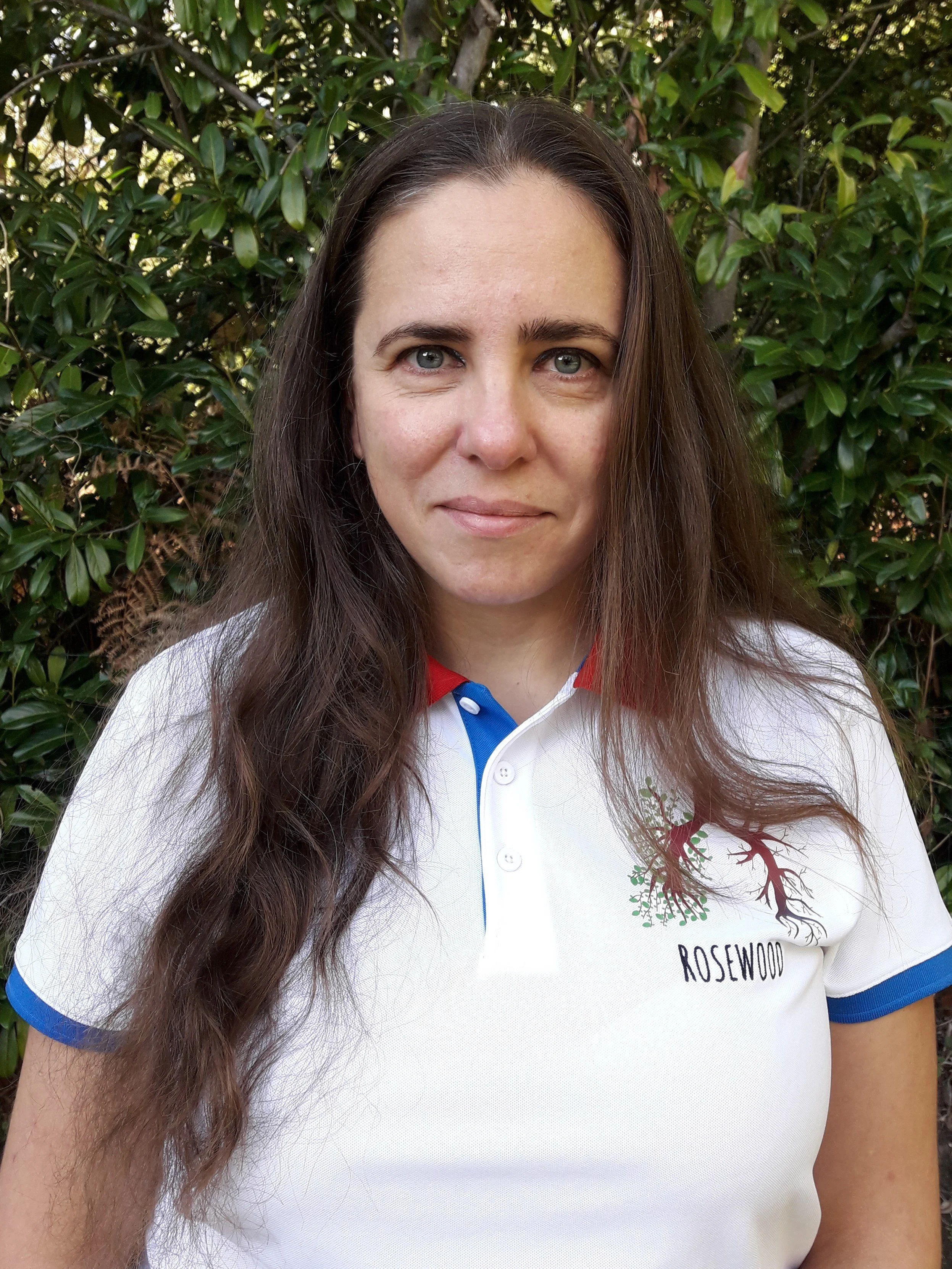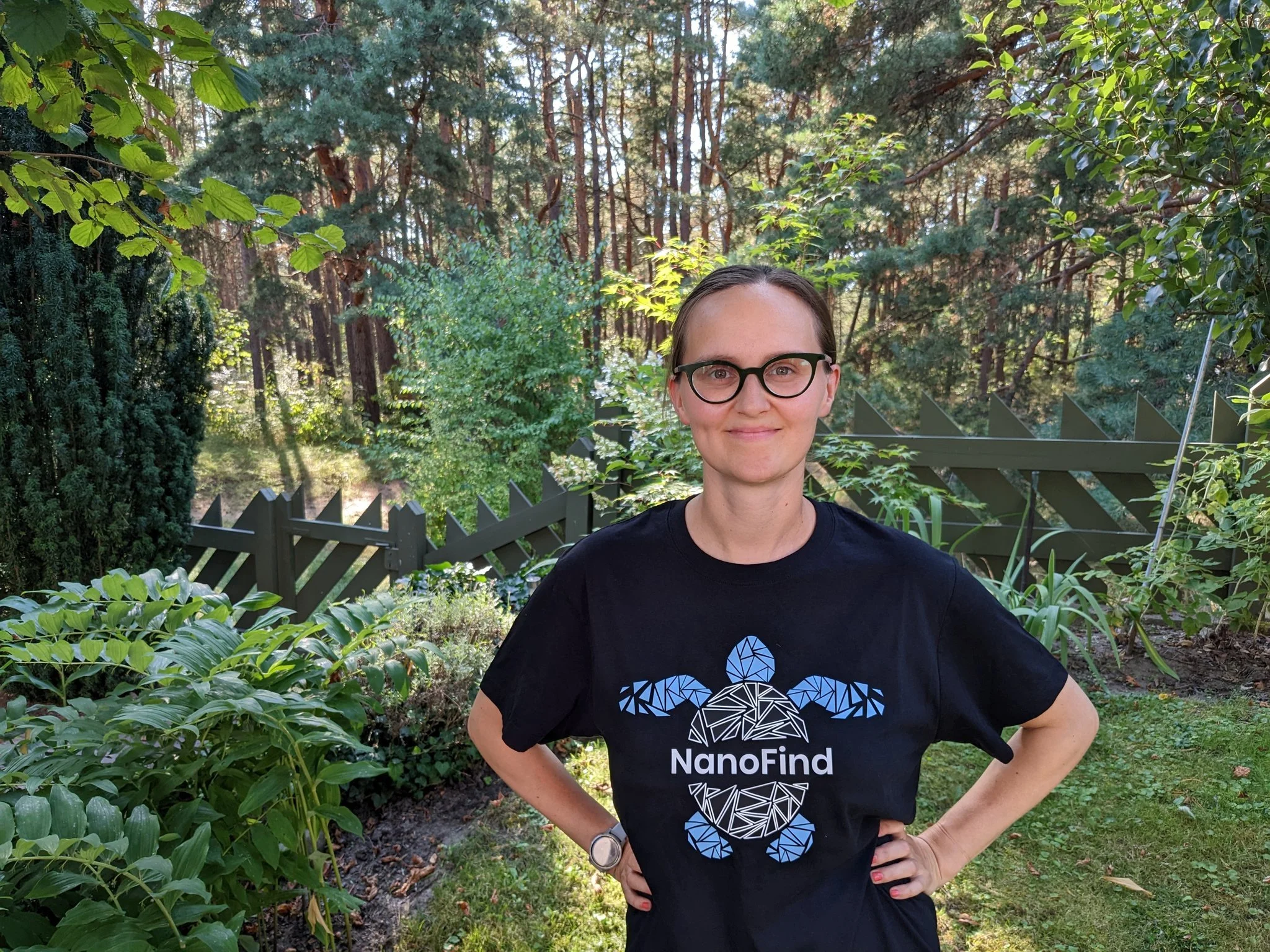The Story of Jellatech: A conversation with the CEO: Stephanie Michelsen
An interview with Stephanie Michelsen, founder and CEO of Jellatech. Stephanie was part of the 2018 UCopenhagen iGEM team.
Did you want to be an entrepreneur before iGEM?
When I first started doing my bachelor's, I was studying business and economics, because I didn't really know what I wanted to do. And then fast forward a few years, I fell in love with synthetic biology and genetic engineering by taking a class in anthropology! I had to take it, I was like “oh my God, this is so cool!” So, I switched my entire degree to synbio technology and started over with chemistry, physics, and biology -all the stuff that I used to hate.
I always wanted to become an entrepreneur one day. I admired Steve Jobs and Bill Gates and people like that, it's just so cool to me how people have an idea and then they actually build it into a company to help people, and eventually generate revenue, and hopefully, make an impact. That's something I always wanted to do but I just felt like I never had a good idea.
And then I entered the iGEM Competition. It was a great way for me to test my synthetic biology or biotech skills, while also exploring entrepreneurship. I saw it as an opportunity to work together as a team on a creative solution for a challenge using synthetic biology and then go and pitch it and raise funds. We didn’t have to just raise money for the project but also to present it at the Jamboree and for other activities too.
I wanted to do entrepreneurship, but I hadn't really seen it in the synthetic biology and biotech space before, iGEM was a really good way for me to get to do those things, and I think it also was nice for me that it wasn't life or death in case it failed. It was just a student competition.
What was the final push to start your own business?
I like the idea that we had for iGEM. I liked the technology, but I wasn't sure about its approach or application of it. So, I started to challenge myself. I figured that If I can fundraise and sell an idea that I don't believe in 100% myself that would make me a really good salesperson. So I took on this challenge to see if I can raise money and try to communicate in a way that would get people excited about this idea, which I am not super-interested in. If I manage to do that, I can make it work for an idea that I am passionate about.
The idea for starting Jellatech which I'm doing now came through another similar experience, where I learned about alternative proteins.
The case for animal-free cell-derived products
What inspired you to keep working in the life sciences and food industry?
I think it's incorrect to say “money doesn't matter”, because it does. The world runs on money, that's how it is. If things aren't profitable people aren't going to be doing it.
I also very much feel like if your motivation is to just make money, then that’s not enough at least not to me. I want to build something that will generate profit, you know, at some point but I also want to make sure that it's profitable for the planet and its inhabitants. It needs to have some sort of positive impact. That's where I feel like synthetic biology and biotechnology come in.
We've unlocked the key to engineering life itself, there are no limitations, and it's a beautiful golden key. What we unlock with it is completely up to us, and I feel like that will help save the planet and help save lives and it has already done so.
That's what really keeps me going and all the opportunity and ability that you have with synthetic biology.
To do good - that's what really motivates me.
UCopenhagen 2018 Team | Team Wiki
Jellatech is creating collagen and takes animals out of the equation. But when you take out the animal, you still need to have the mediums and everything. If you compare the impact that animals have and the ingredients of your mediums, how does it compare?
You need to grow crops to feed animals and then feed the rest of us. To me, that doesn't make sense, it's a negative protein input - you give animals more protein than what they give you at the end. If I gave you $10 and you gave me $5 back, why on earth would I do that.
I could just keep the $10. We can just eat the crops themselves. Also, there are ethical reasons and sustainability. There's no choice, we will need to change how we feed and sustain the planet and how we take care of it. We're going to be 10 billion by 2050.
You start a company by making an alternative solution for a future problem. It's also going to offer an alternative, right now, today. Build technology now that will sustain us in the future, because we won't have it. That's how I see it, so right now it's animal-slaughter free, more ethical, and more sustainable.
And the cells eat what we eat. We need amino acids, nutrients, minerals, and water. It's not that complex.
We can be fine without eating animals, and so can animal cells. We're working on making it more sustainable and completely slaughter-free. Today, it's an alternative, sustainable collagen and it's made in an ethical way. But also something that's much, much more scalable. I mean you can put grown cells in space, so you can literally grow anywhere.
We are no longer tied to having a huge farm and huge slaughterhouses and huge processing plants, everything we do is on one roof in one building. The entire [process of] designing it, growing, extracting and purifying, and formulating.
Is it difficult to scale projects involving cells?
It's challenging. The reason we've done it was for the biomedical or pharmaceutical industries. I didn't have to worry about the price because it was ridiculously expensive. But food is much more price sensitive. You can't charge $10,000 for a burger patty, no one's going to buy that. I would need a large scale to feed people so there's an innovation that needs to happen to bring the cost down.
It is tricky but at the same time we figured out how to domesticate animals. Now we're domesticating cells. That's just the next step of our evolution. We're continuously evolving and getting smarter. And for cells, they're complex, but also they have the machinery themselves to do what they do, which is to grow and duplicate. As long as we provide that starting point for them, we can optimize it even further. Scaling is what's next for us, so maybe I'll know more in a year.
When do you think your technology will reach all the markets and we will forget about the old type of collagen?
I'll start by saying that I don't foresee a future where we don't have any animal agriculture, because they also do have a purpose. It's a circular system where they eat crops and then they fertilize them as well. It is a cycle, so we do need them to some extent. And also money makes the world go around. You see what people want to buy, people want meat. The demand for meat is increasing. As for alternative protein, I think that it's not going to be a complete substitute. It'll be an alternative or another option.
We will try to initially target where we can get on the market the soonest and can be the most feasible for us. That's applications where you have high premiums and low volume. Like in the medical pharmacy space and cosmetics and then go to food and beverage. So it's a lot of different opportunities. We've had so much interest in what we do. It's just that we need to scale and get the volumes up and the cost down. And that's what's next for us
Agriculture has been around longer. Give cellular agriculture the same time as we gave animal culture, it will be really good. We've done so much in a short amount of time already. Technologies are innovating all the time and the process is becoming quicker. I mean what you see in an iPhone now, probably took up the space of the room before.
It is happening. Let's just be patient and throw some resources at it and put smart people's brains together and they will figure it out. The planet is literally burning and it's all a mess. Unfortunately, people ahead of us didn’t do a good job so it is up to us now and we need to fix it, so we need all the scientists we can have for sure.
Stephanie Michelsen, founder and CEO of Jellatech
Challenges and public acceptance of new technologies: Communication, Communication, Communication!
What are the biggest challenges we need to overcome besides scaling up and price when introducing new life science products into the market?
I think education and communication. If you say “this is a GMO apple” people are gonna be like “ew I don't want to eat it, that's really dangerous and bad”. And scientists traditionally, unfortunately, are not very good at communicating and not very good at making science sound sexy and exciting. It's dry and complex.
Let's communicate this effectively and let's show that synbio and genetic engineering is a tool that you can use. Just like other technologies, they can either do good things, or they can do bad things. [Depending on] whoever has the power. And explain how you do things.
Don't assume that people don't understand. I'm not here to convince anyone to eat GMOs. I'm just here to share how it's done and, now that I've shown you the way, you make up your mind. Transparency and authenticity are really important and effective communication tell people about what you do and how.
Do you agree that more scientists should be on social media?
I think it's so important, you need to talk about [science]. People are going to be on social media no matter what. Why not put some content on things that are science. Covid was an example of how false or true communication is very, very important for the decisions we end up making.
The Journey is the Treasure: The Lessons
What do we need to make innovative solutions come to the market even faster?
We need funds to be able to do what we do well, and then we need people that are really good at optimizing and scaling up. We're looking for bioprocess engineers to take the process that we have established and then ramp it up. Some of the infrastructures haven't been built or established, we need that.
We need really smart people like bioprocess engineers just coming together and collaborating and telling what we need from the biology standpoint. And the technology and hardware and software that needs to come together.
What are the key lessons that everyone who wants to start a business should know?
Number one: Do it. I feel like in this world there are two people: People that talk about all this stuff and then there are people that actually do it. So number one just goes ahead and do it. Worst case scenario you “fail”, or whatever, and then you learn a shit ton of stuff that you couldn't learn elsewhere.
Another thing that I've learned was I used to think “Oh I'm in science, I don't have a business background. I don't know how to do accounting, I don't know how you do taxes. What's a stock option plan?” News flash: You can hire people that know how to do those, and you can google it. What you cannot Google is how to keep your teammates happy, how do you build a team, how do you find out which person to go with, how do you hire, how do you fire, how to manage people, how to motivate them, how to listen to them. I think that's one thing that I really had to learn by doing.
Also, it is a long and lonely ride sometimes. It is tough. Keep a good support system and be aware of mental health and prepare yourself. I know people say that's a roller coaster, but it really is, you will have really high highs that are really high like “Oh my God, this is freaking awesome!”. And then you're going to have lows where you are ready to toss the towel and be like “I'm freaking done!” and you're so stressed out that either you haven't eaten at all, or even you ate way too much.
So, celebrate all the small wins because there's gonna be some valleys that are very low. But then it's gonna be some mountains that are going to be very high, so I think just prepare yourself for those two things.
Join us in Paris and celebrate the 20th Year of iGEM at the 2023 Grand Jamboree.
Stay up-to-date about the latest news, opportunities, events and advances in synthetic biology by subscribing to the SynBio Community Newsletter









